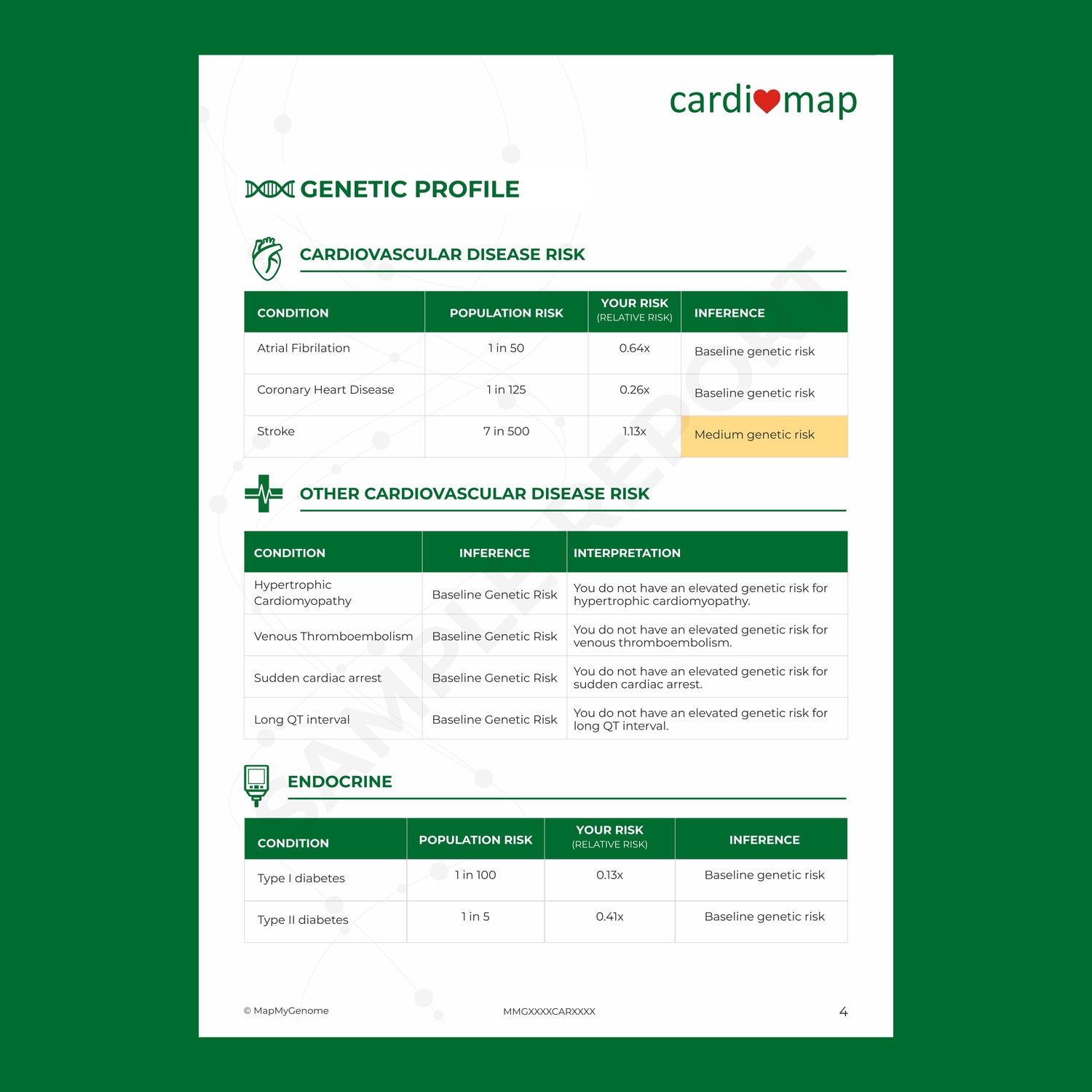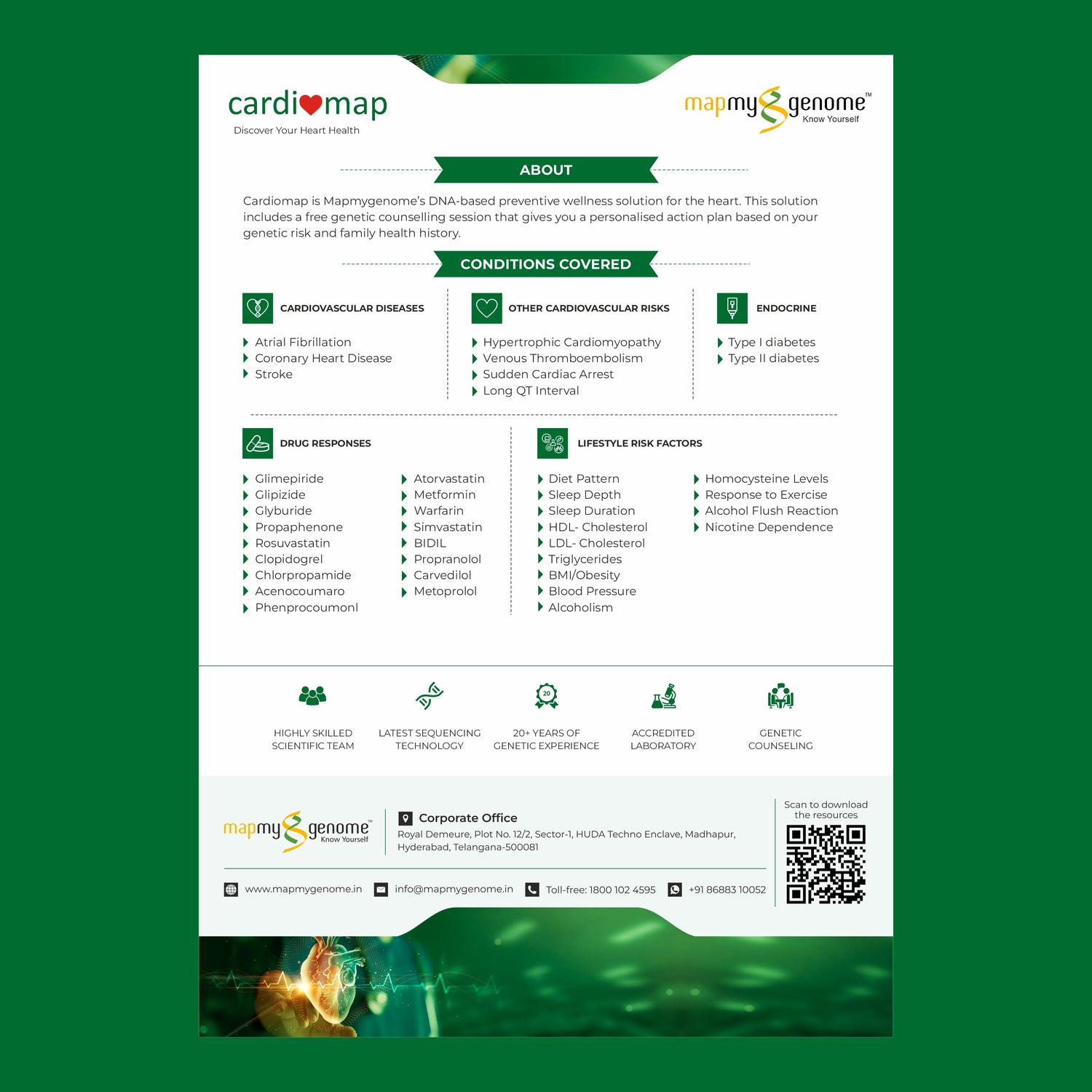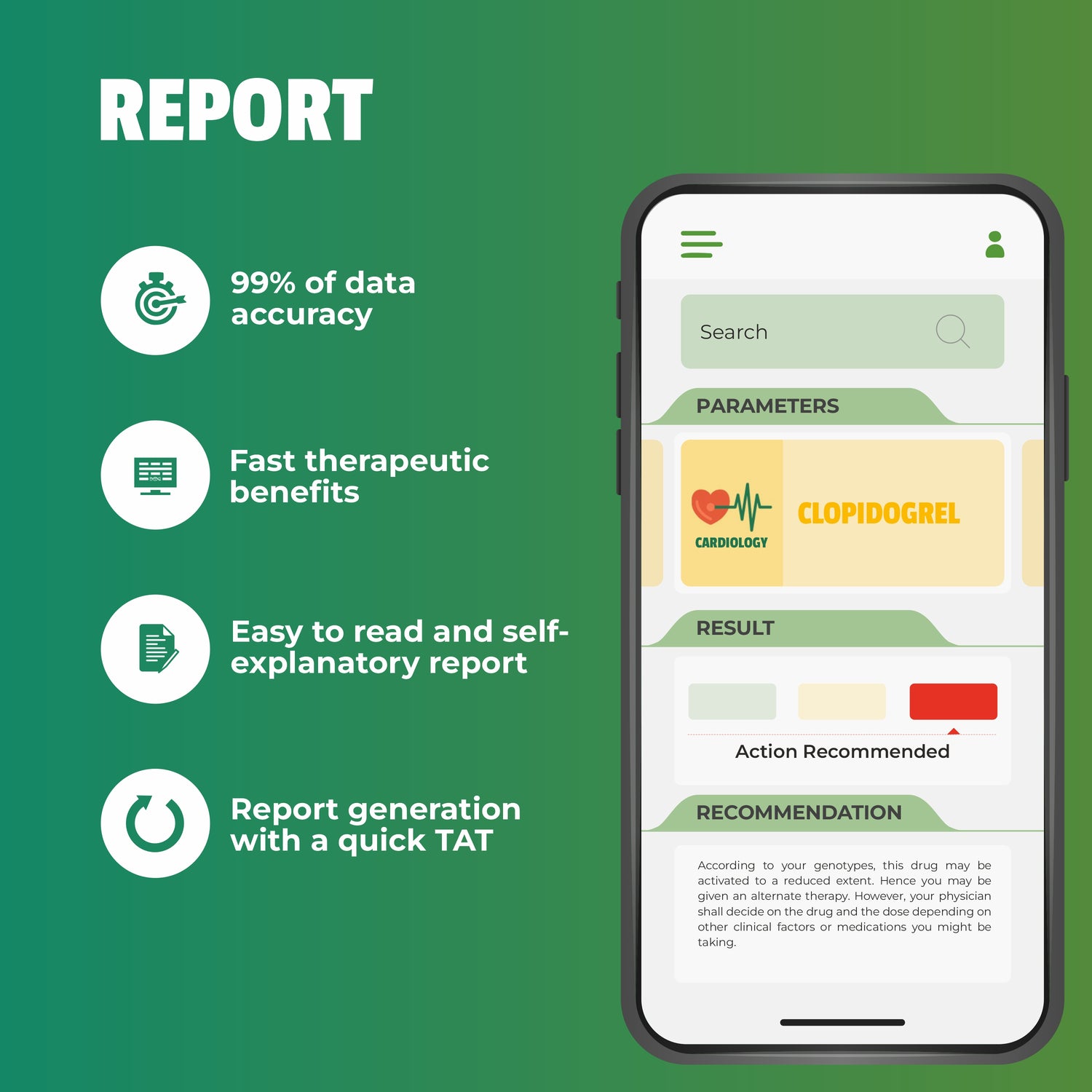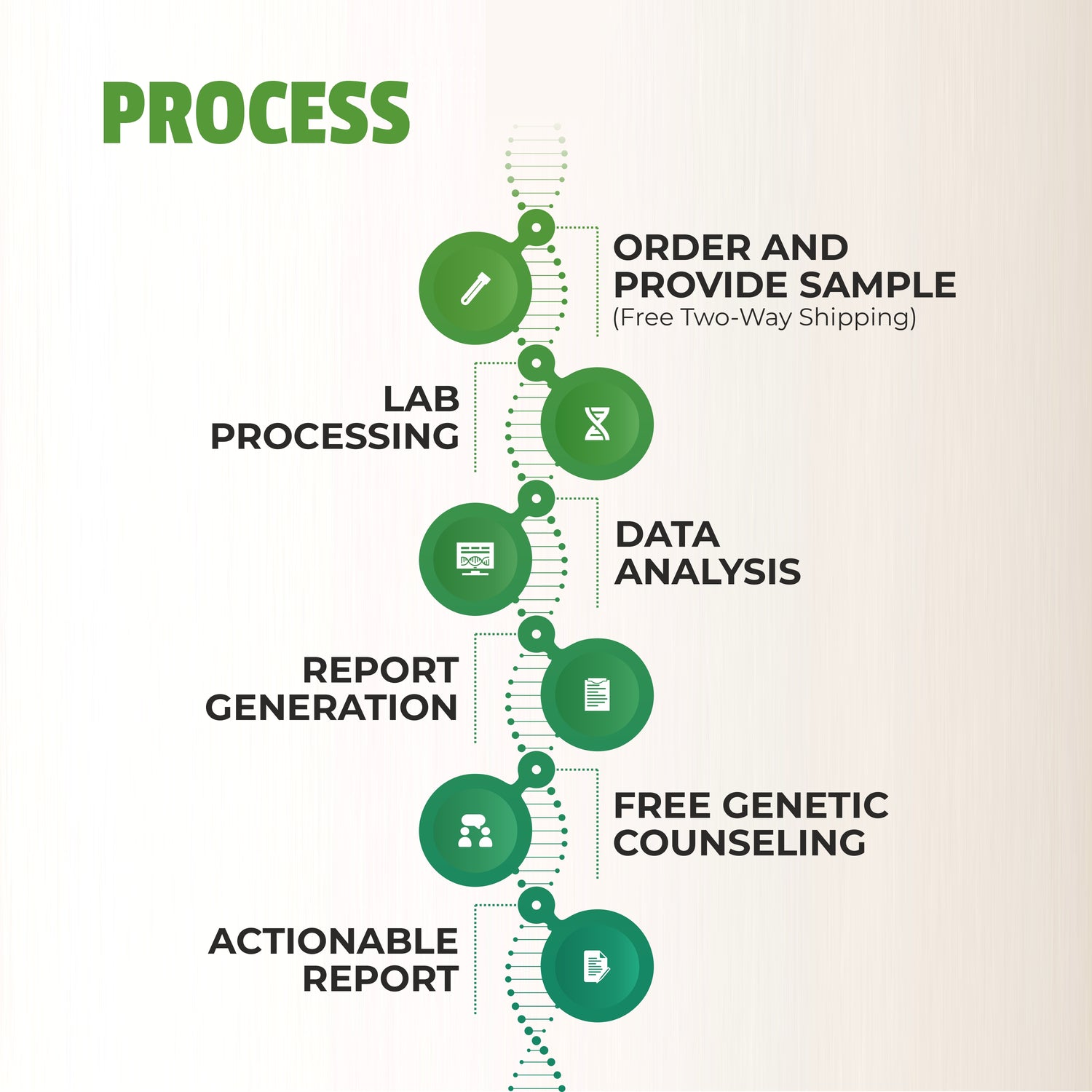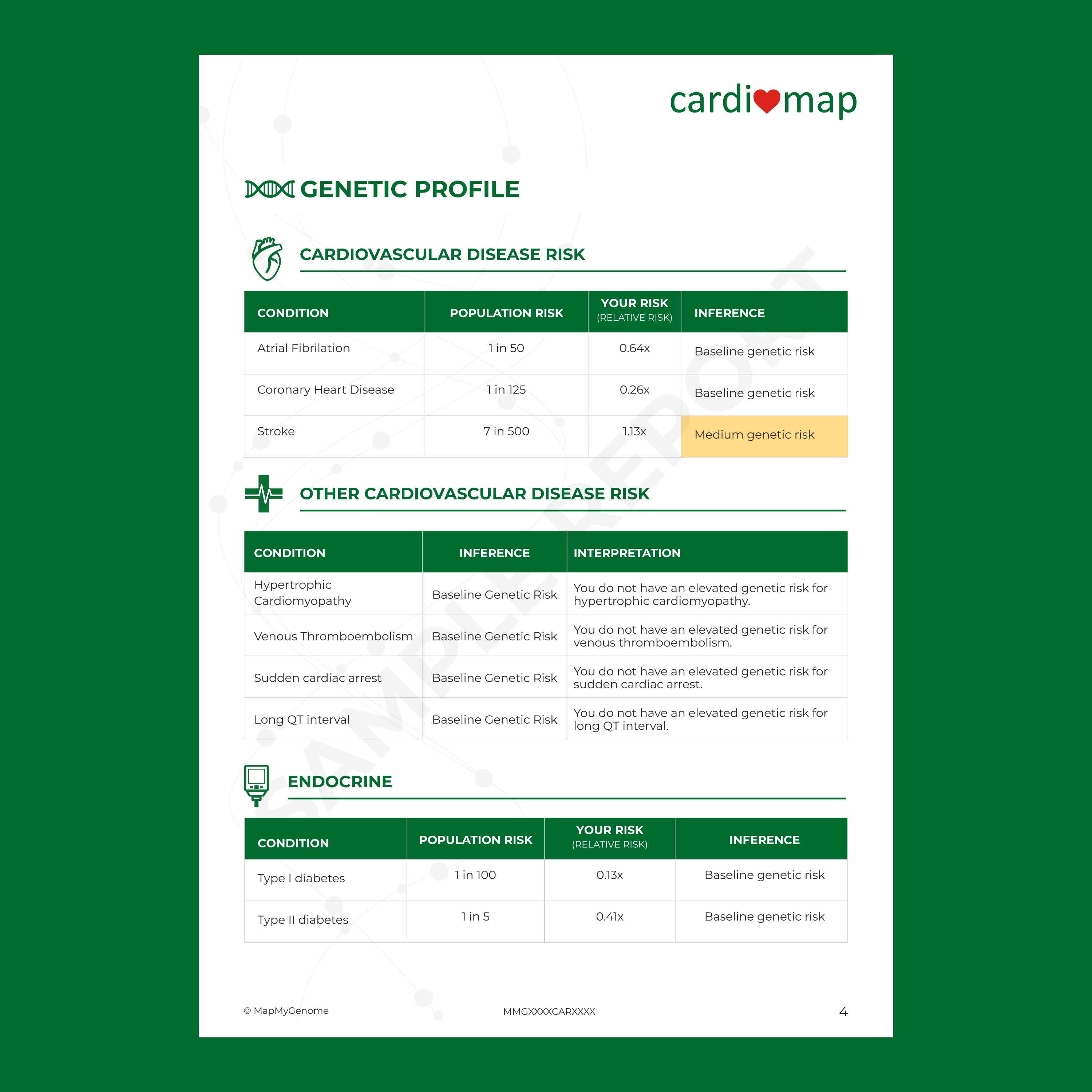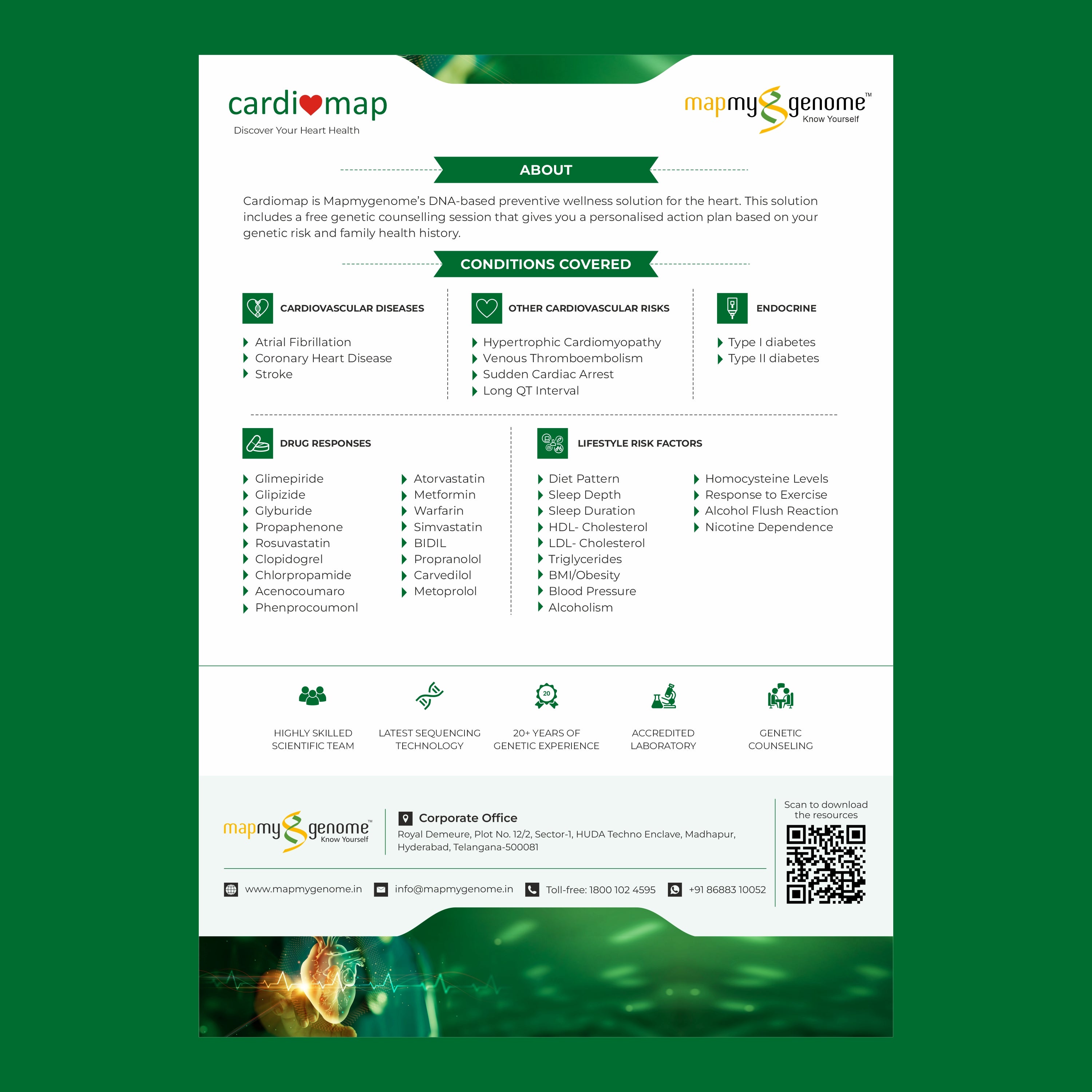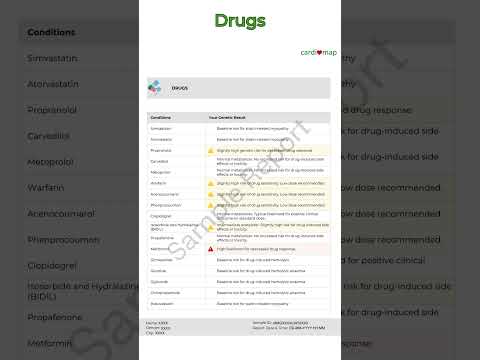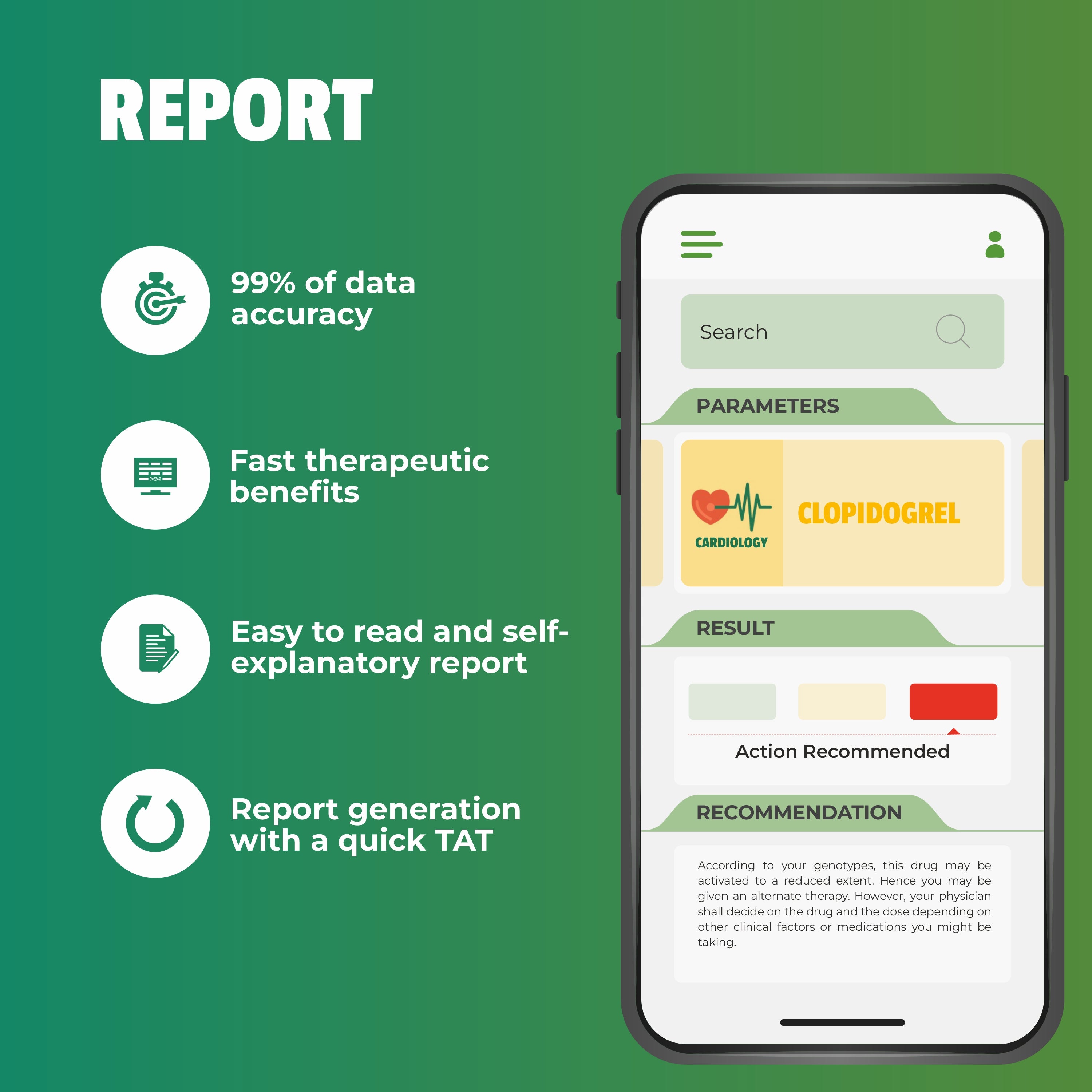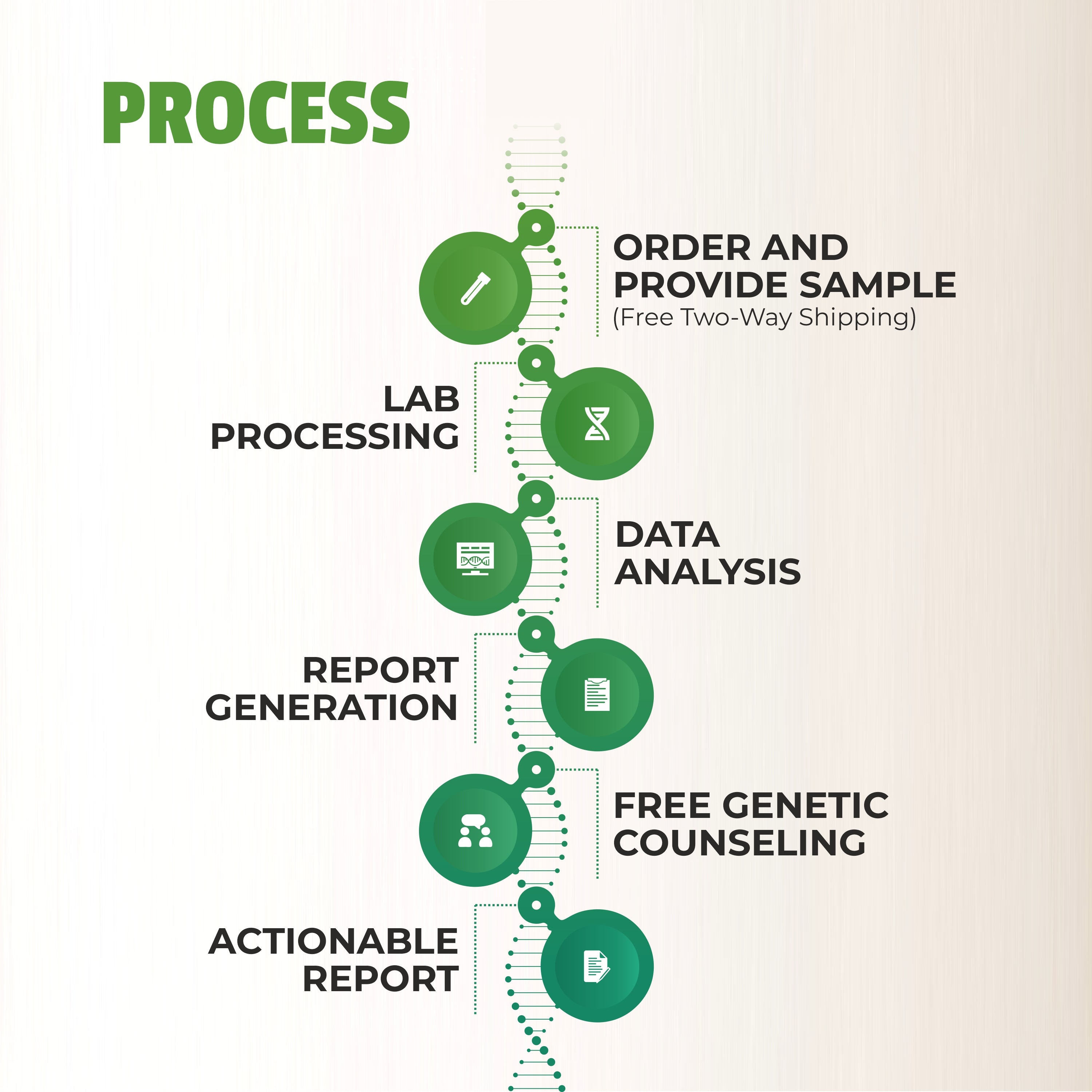Breakfast is often called the most important meal of the day, and for good reason. It kickstarts your metabolism, provides energy for the day, and, for people managing diabetes or trying to keep blood sugar levels stable, breakfast plays a crucial role in maintaining balance. Unfortunately, many breakfast habits and choices can lead to blood sugar spikes, leaving you feeling tired, sluggish, or even worsening your overall health.
In this blog post, we'll explore the common breakfast mistakes you should avoid to maintain stable blood sugar levels and keep your energy high throughout the day.
Why Breakfast Matters for Blood Sugar Control
When you wake up after fasting overnight, your blood sugar is typically at a stable baseline. However, what you eat for breakfast can either stabilize your blood sugar for the day or cause dramatic spikes and crashes. Blood sugar spikes can lead to long-term health complications, especially for people with diabetes, prediabetes, or those concerned about their metabolic health.
Skipping breakfast or making poor food choices in the morning can set the tone for poor blood sugar control throughout the day. That’s why avoiding certain common breakfast mistakes is essential for maintaining optimal blood sugar levels.
1. Skipping Breakfast Altogether
One of the biggest mistakes people make is skipping breakfast entirely, either because they’re in a rush or believe it will help them lose weight. In reality, skipping breakfast can cause a drop in blood sugar levels, which could lead to overeating or craving sugary, high-carb foods later in the day.
Solution:
Start your day with a balanced meal that includes protein, healthy fats, and fiber to keep your blood sugar steady. A simple combination like Greek yogurt with chia seeds and berries or scrambled eggs with avocado on whole-grain toast can make a big difference.
2. Relying on Sugary Breakfast Cereals
Many cereals marketed as "healthy" are actually loaded with added sugars, artificial flavors, and refined carbohydrates. Consuming these high-sugar foods first thing in the morning causes a rapid spike in blood sugar levels, followed by a crash. This blood sugar rollercoaster can leave you feeling fatigued, irritable, and craving more sugar.
Solution:
Choose whole-grain cereals with no added sugars or better yet, opt for oats, which provide slow-digesting carbohydrates and are a great source of fiber. Add protein sources like nuts, seeds, or a dollop of Greek yogurt to balance the meal.
3. Drinking Sugary Beverages
Starting your day with sugary beverages like flavored coffee, smoothies loaded with fruit, or fruit juice is a quick way to cause a blood sugar spike. These drinks often contain a high amount of added sugars and lack fiber, which is necessary for slowing down the absorption of sugar in the bloodstream.
Solution:
Opt for black coffee or unsweetened tea instead of flavored or sweetened versions. If you’re a smoothie fan, balance it by adding greens, protein powder, and healthy fats like chia seeds or almond butter to prevent rapid sugar absorption.
4. Going Heavy on Carbohydrates
Carbohydrates are a major source of energy, but consuming too many carbs without balancing them with protein and fats can lead to unstable blood sugar levels. Popular carb-heavy breakfasts like pancakes, waffles, bagels, or pastries are quickly broken down into sugar, causing your blood sugar to spike.
Solution:
Focus on balancing your plate with complex carbs like whole grains or sweet potatoes, paired with protein sources like eggs, lean meats, or tofu, and healthy fats like avocado or nuts. This will slow the absorption of carbs and help maintain stable blood sugar levels.
5. Choosing "Low-Fat" or "Fat-Free" Options
Many people mistakenly believe that choosing "low-fat" or "fat-free" breakfast foods is the healthiest option. However, these products are often loaded with extra sugars and refined carbohydrates to make up for the flavor lost from the fat. These added sugars can wreak havoc on your blood sugar levels.
Solution:
Opt for full-fat versions of foods like yogurt or milk, as the fat helps slow down the absorption of carbohydrates, which keeps blood sugar levels stable. Just be sure to keep portions in check.
6. Eating Too Much Fruit
While fruit is a healthy addition to your diet, eating large portions of fruit in the morning—especially without protein or fat to balance it—can cause a significant blood sugar spike. Fruits like bananas, grapes, and mangoes are higher in natural sugars and can lead to an imbalance in your glucose levels.
Solution:
Moderate your fruit intake and always pair it with protein or healthy fats. Berries, such as blueberries and strawberries, are lower in sugar and make a great option for breakfast when paired with Greek yogurt or a handful of nuts.
7. Choosing Processed or Refined Carbs
Processed breakfast items like white bread, pastries, and instant oatmeal are stripped of their natural fiber and nutrients. Without fiber, your body quickly breaks down these foods into sugar, leading to a rapid rise in blood glucose levels.
Solution:
Choose whole, unprocessed carbohydrates like steel-cut oats, whole-grain bread, or quinoa. These options are higher in fiber, which helps slow digestion and keeps your blood sugar more stable throughout the morning.
8. Forgetting About Protein
Many people focus on carbs for breakfast, but protein is equally important when it comes to maintaining blood sugar levels. Without adequate protein, your blood sugar may spike and crash after eating, leaving you feeling tired and hungry soon after your meal.
Solution:
Make sure your breakfast includes a good source of protein, like eggs, tofu, or a high-quality protein powder. Protein helps slow down the absorption of carbohydrates and promotes stable energy levels throughout the day.
9. Not Including Healthy Fats
Healthy fats are often overlooked at breakfast, but they are essential for keeping blood sugar levels balanced. Fats slow down digestion, preventing blood sugar spikes and keeping you full for longer periods.
Solution:
Incorporate sources of healthy fats like avocados, nuts, seeds, or olive oil into your breakfast routine. For example, you can spread avocado on whole-grain toast or add a handful of almonds to your oatmeal for a balanced meal.
10. Overloading on Dairy Products
While dairy products like milk, yogurt, and cheese can provide protein and calcium, some people may experience spikes in blood sugar levels when consuming too much lactose, the natural sugar in dairy. If you’re sensitive to dairy, it’s essential to monitor how it affects your glucose levels.
Solution:
Try plant-based alternatives like almond milk, coconut yogurt, or cashew cheese if dairy tends to spike your blood sugar. Always choose unsweetened versions to avoid added sugars.
Conclusion: Start Your Day Right for Stable Blood Sugar
Maintaining stable blood sugar levels is crucial for overall health, particularly for individuals managing diabetes or prediabetes. Avoiding common breakfast mistakes can help keep your glucose levels balanced, improve energy levels, and reduce the risk of long-term health complications.
By choosing balanced meals that include a mix of protein, healthy fats, and fiber-rich carbs, you can fuel your body properly and maintain stable blood sugar levels throughout the day. The key is to be mindful of your choices and focus on nutrient-dense foods that nourish your body.
Take control of your health—start with a healthy, balanced breakfast to keep your blood sugar stable all day long!
FAQs:
-
What’s the best breakfast for stabilizing blood sugar?
A balanced meal with protein, healthy fats, and whole grains—like eggs with avocado and whole-grain toast. -
Can skipping breakfast affect blood sugar?
Yes, skipping breakfast can cause your blood sugar to drop, leading to poor control and increased cravings later. -
Are there any fruits I should avoid for breakfast?
Fruits high in natural sugars, like bananas and grapes, can spike blood sugar if not paired with protein or fats.




